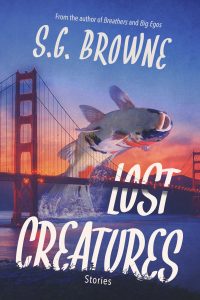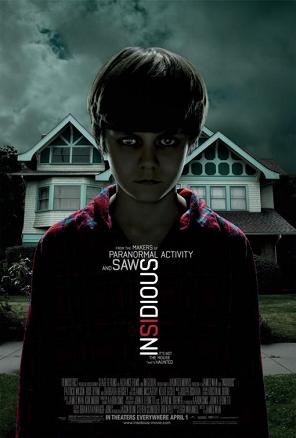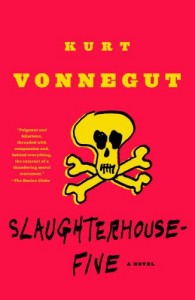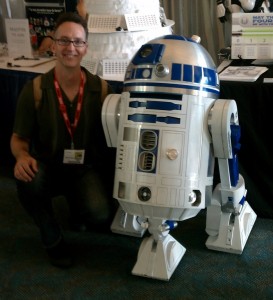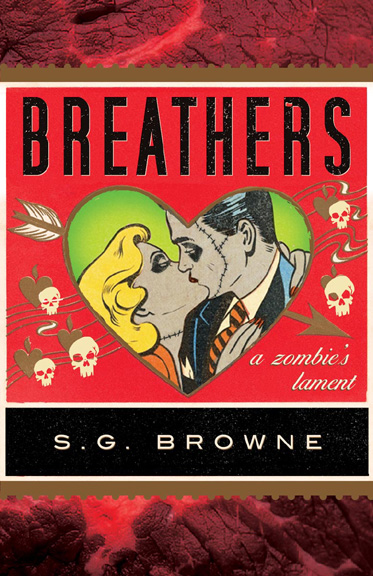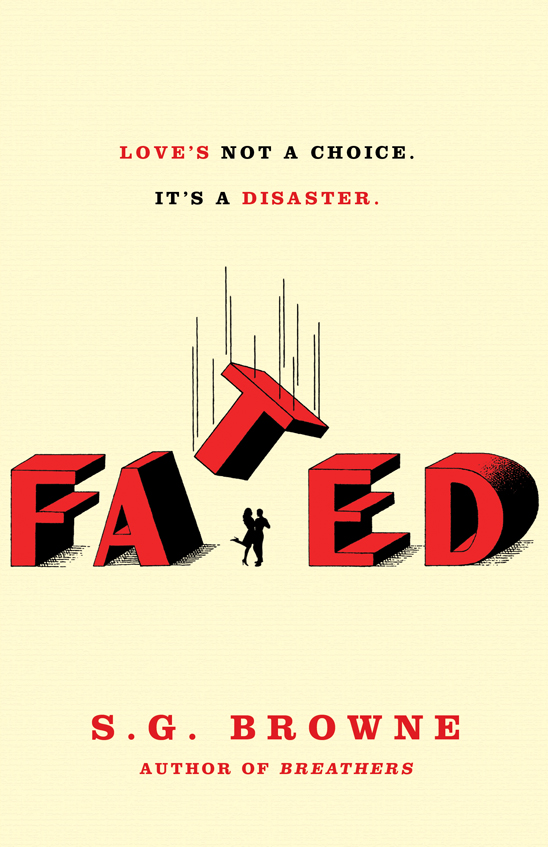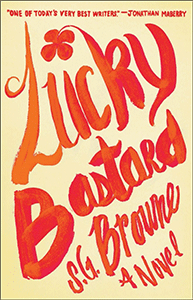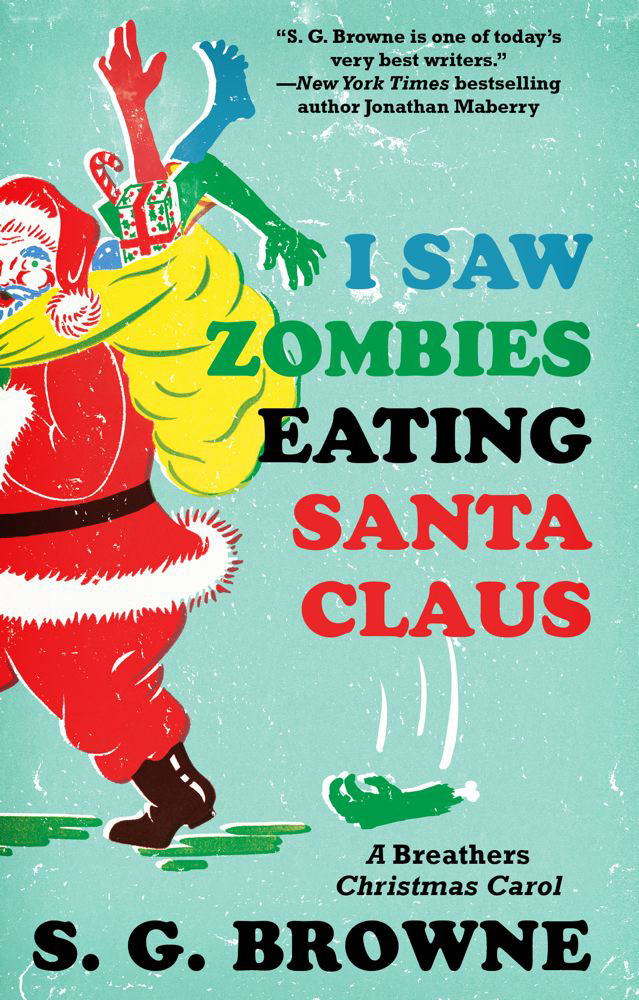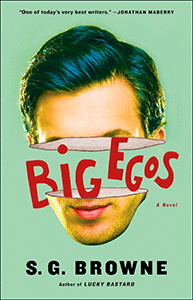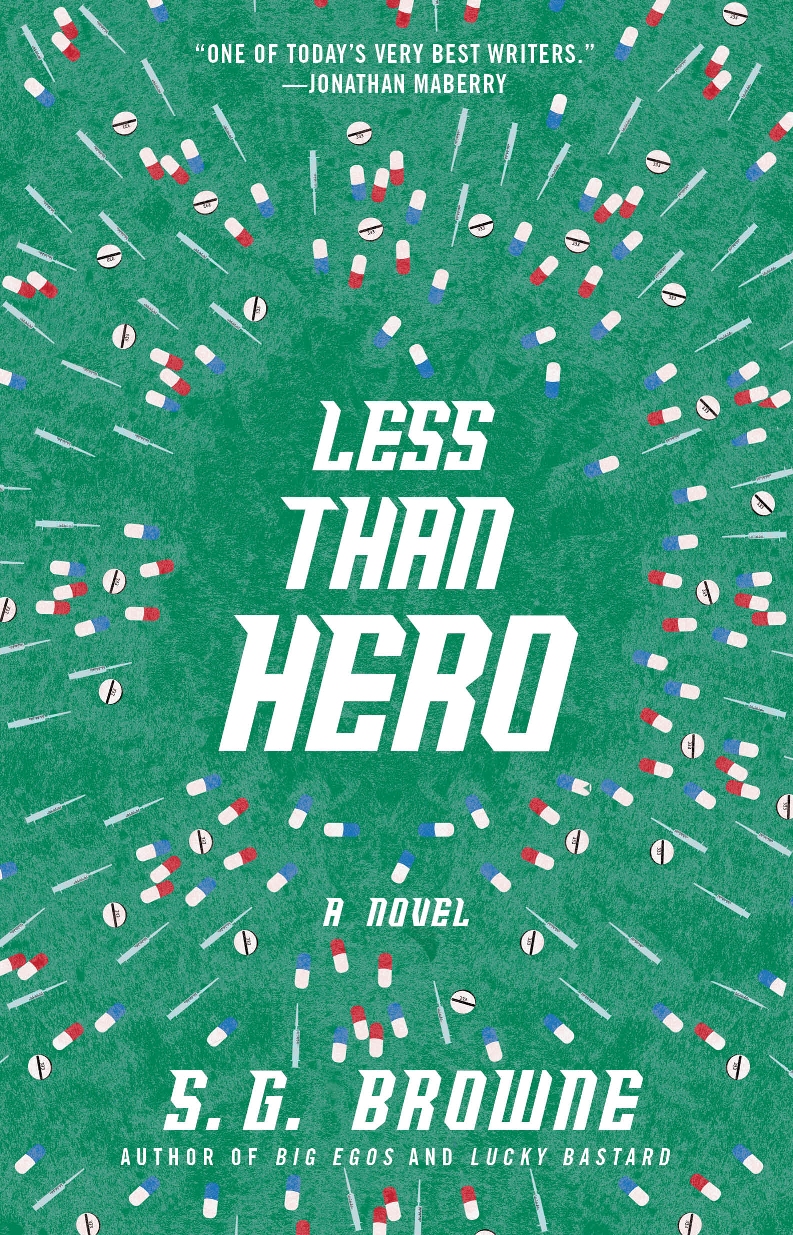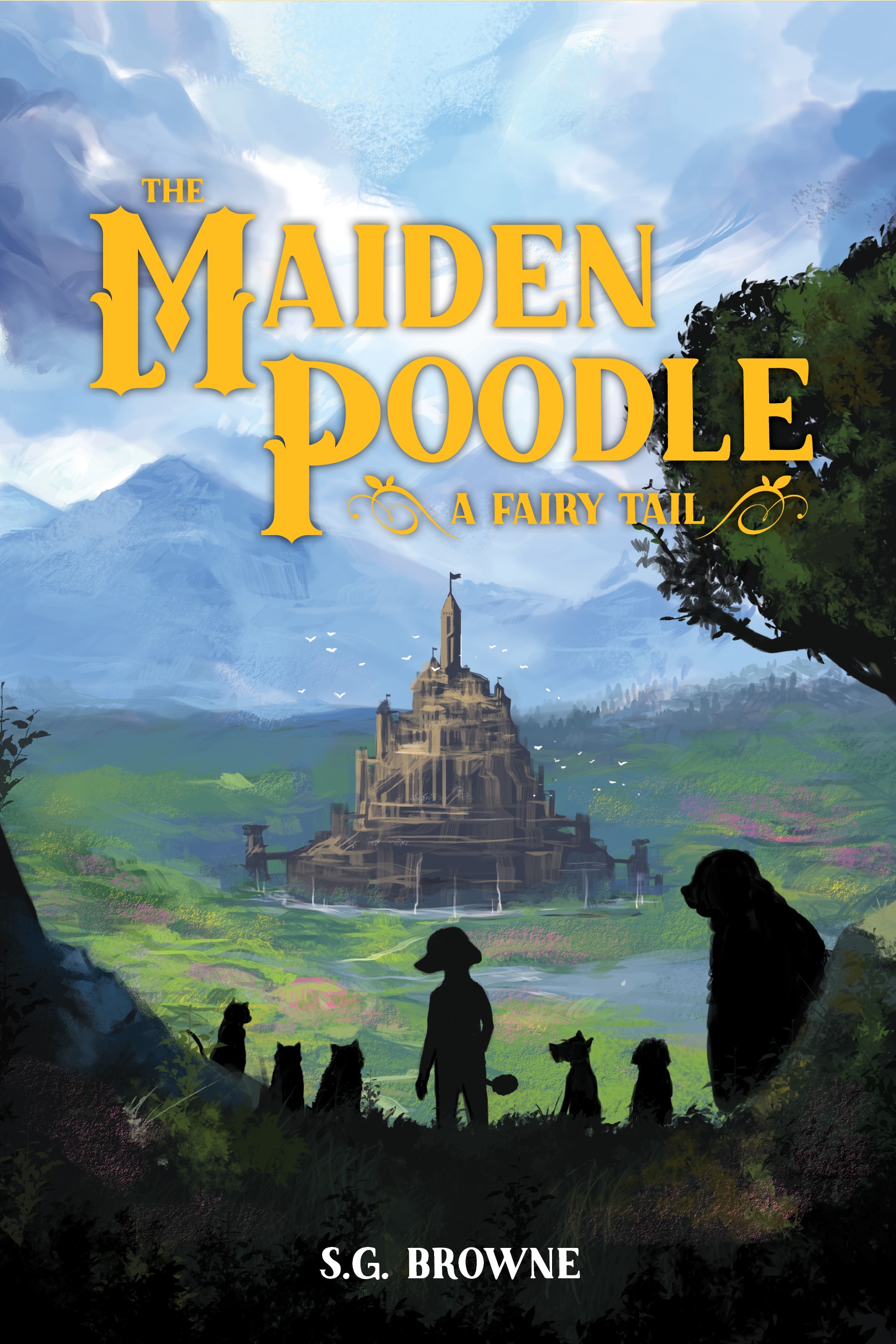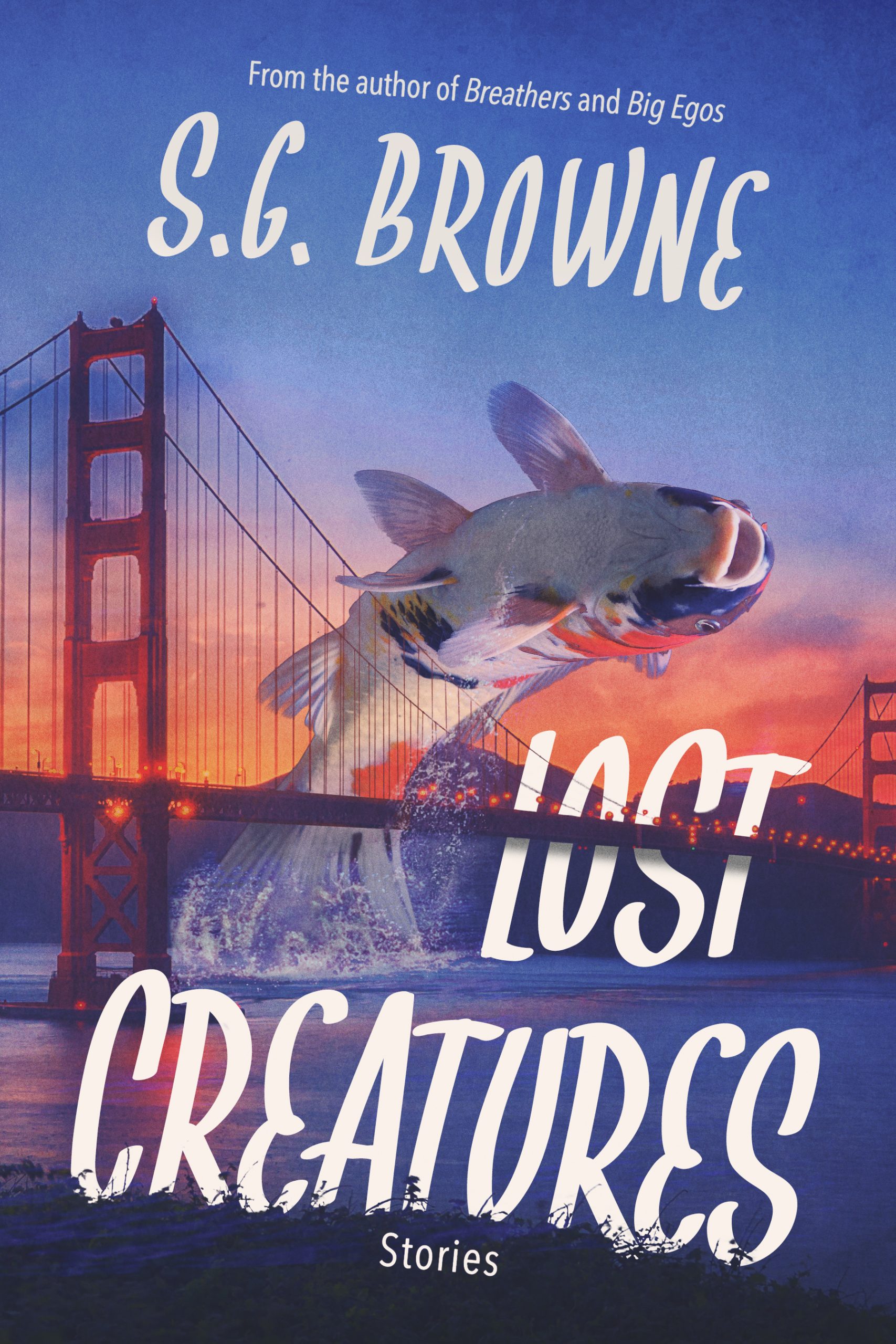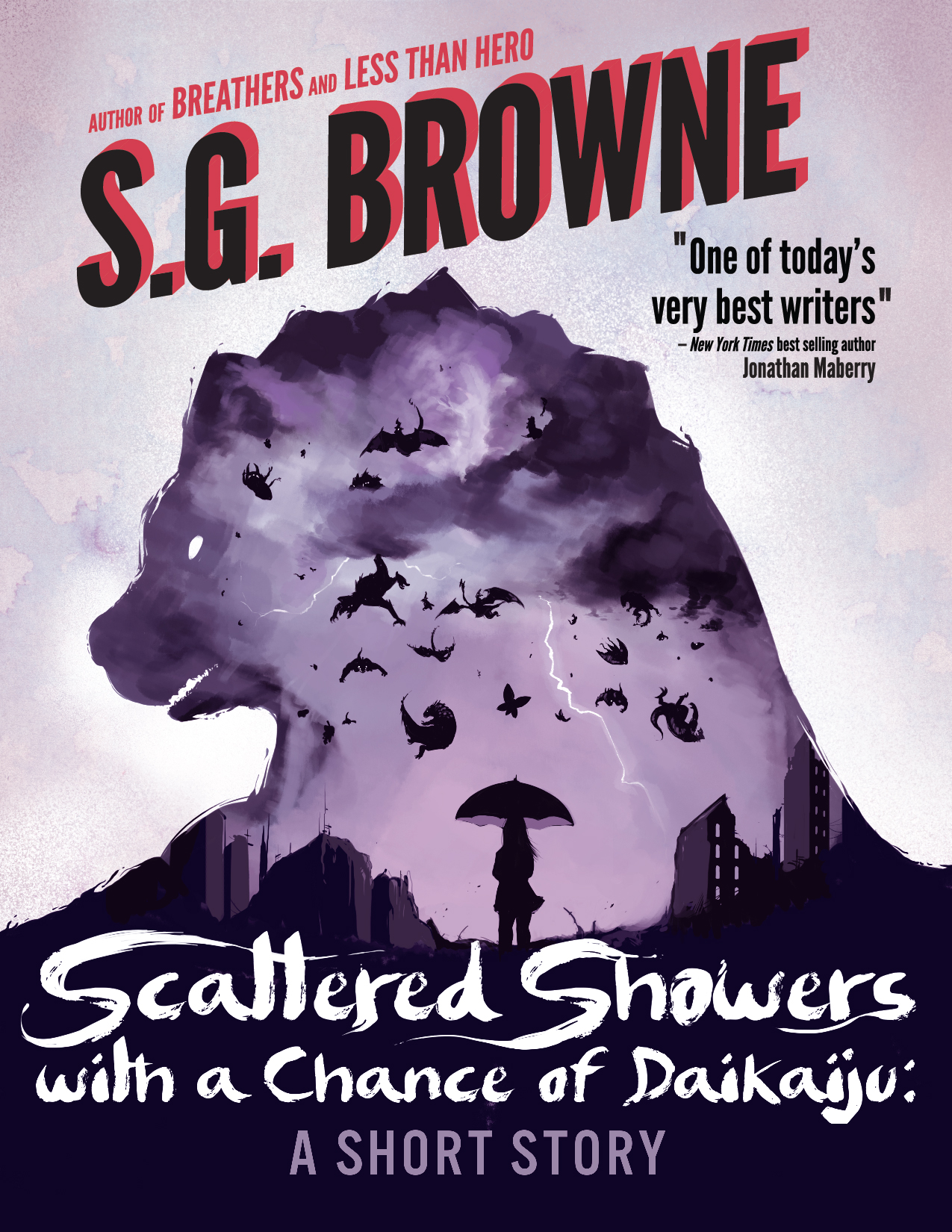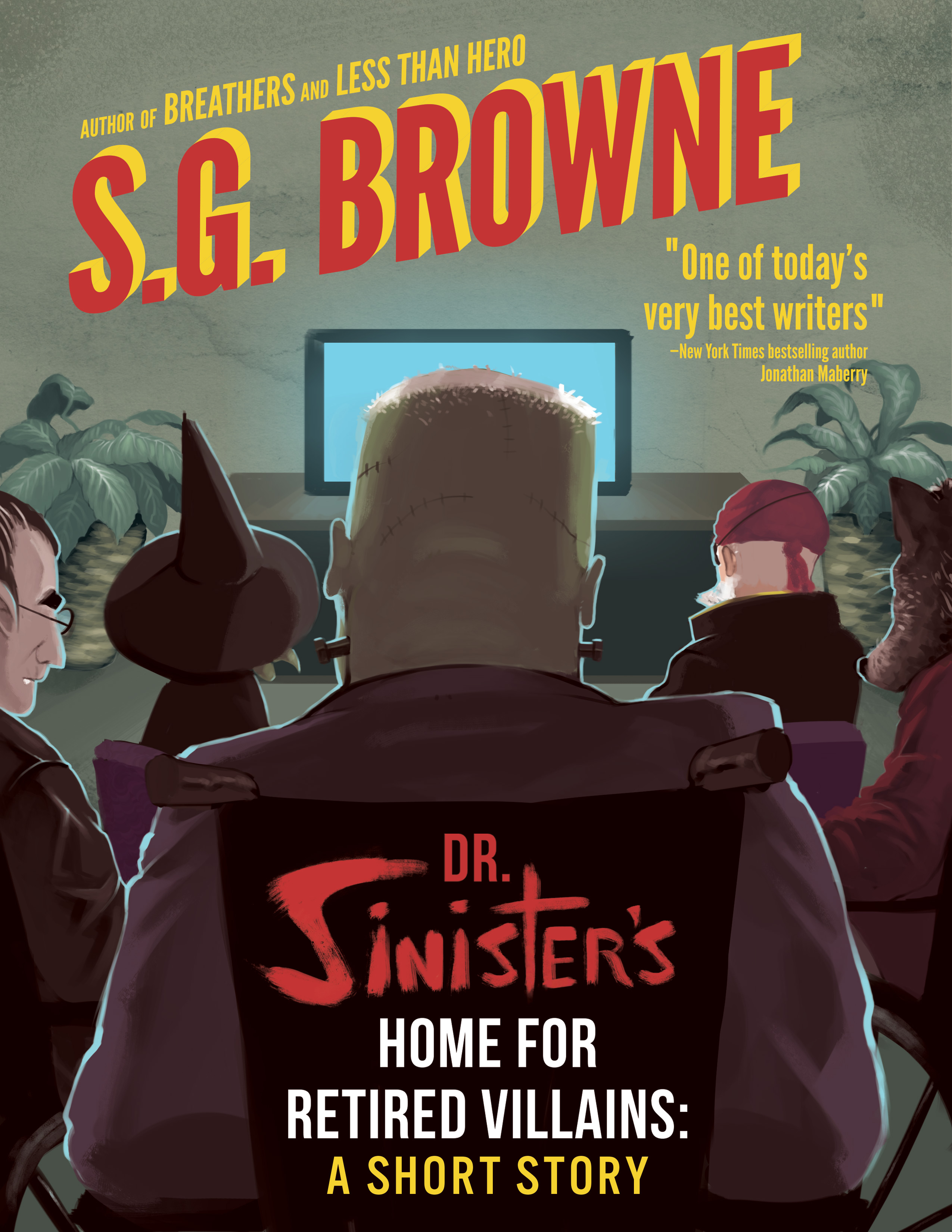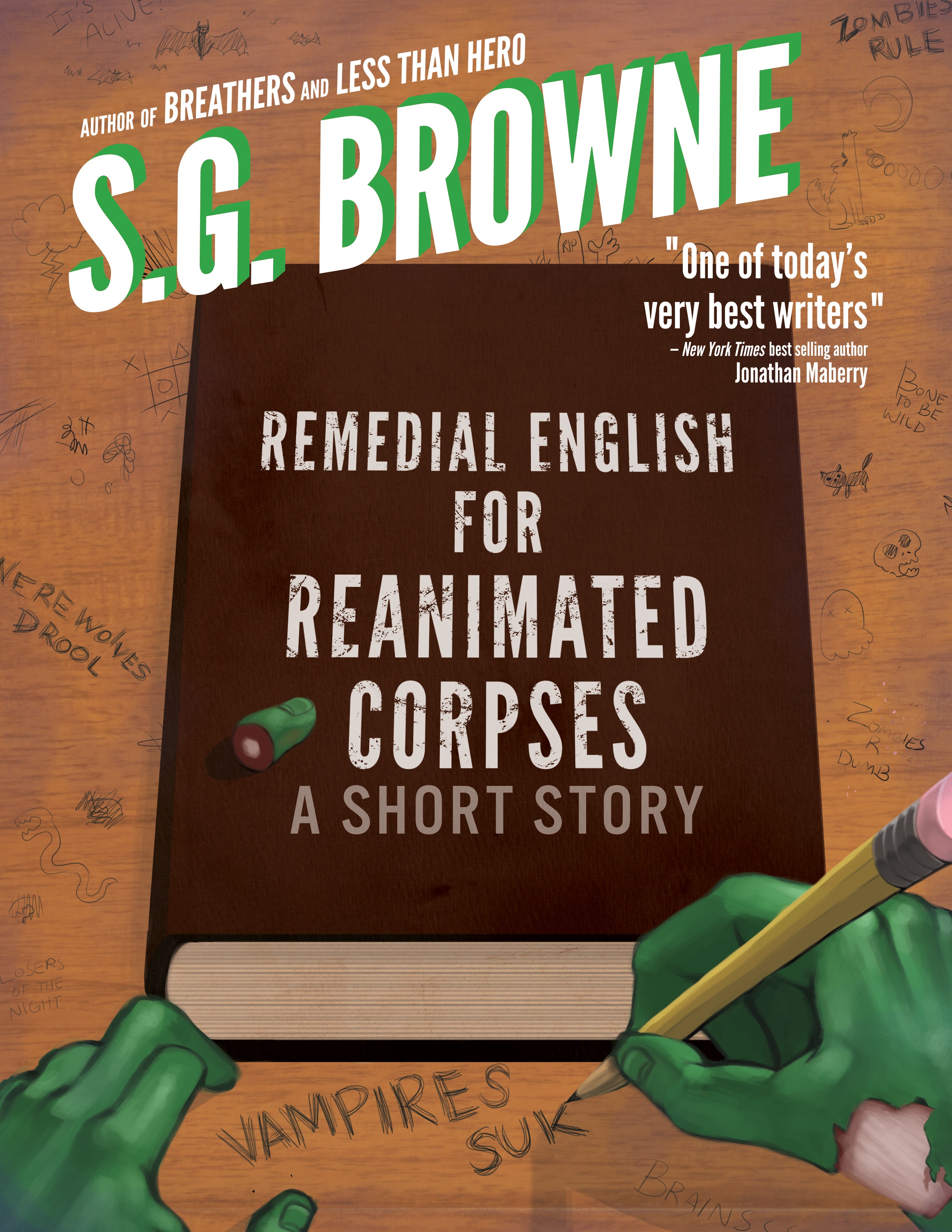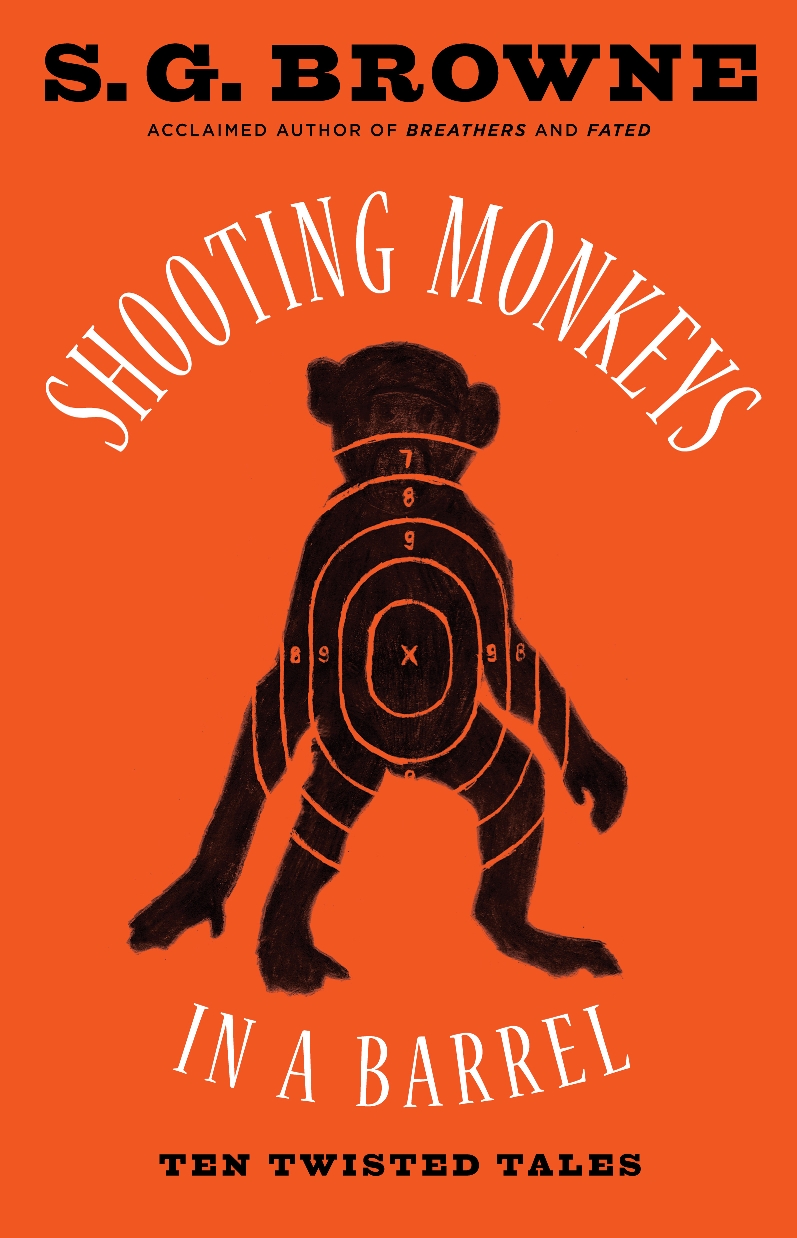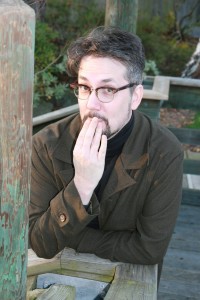 Today it’s my pleasure to welcome author and novelist Steve Hockensmith to the inaugural entry of my Author Q&A series. Of course for it to be a series, I need to do this on a monthly basis or something. Great. Now I’ve just committed myself to something else.
Today it’s my pleasure to welcome author and novelist Steve Hockensmith to the inaugural entry of my Author Q&A series. Of course for it to be a series, I need to do this on a monthly basis or something. Great. Now I’ve just committed myself to something else.
Steve Hockensmith is the author of seven novels, including the New York Times bestseller Pride and Prejudice and Zombies: Dawn of the Dreadfuls and the Edgar, Shamus and Anthony Award finalist Holmes on the Range. He is widely admired within the writing community for his lion-like mane of thick, dark hair. His posture, on the other hand, is shockingly bad. Every once in a while, he updates the blog you can find here.
I met Steve at ZomBcon in Seattle last October during a signing at the Barnes & Noble booth. I told him why I thought zombies were so popular right now and he told me he liked what I said so much that he was going to claim my ideas as his own. We’ve hated each other ever since.
Where do you get your ideas?
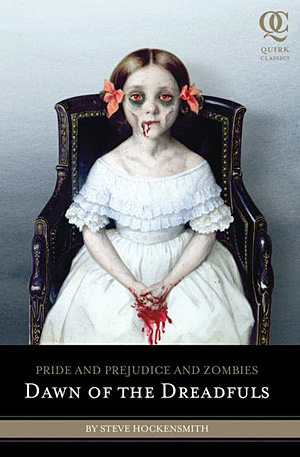 From my brain. Specifically, the frontal lobe. What’s not so easy sometimes is finding them in there and dragging them out. I do a lot of research before I start work on a novel, then I lock myself in a room for two weeks and think. And think. And think some more. Sometimes I yell, too. Things like “Why doesn’t this make sense yet?” Or “What happens next, dammit? What happens next?” Or simply “AAARRRRGGGHHH!!!” Eventually, I manage to squeeze enough ideas out of my head to fill a book. Or so I like to think.
From my brain. Specifically, the frontal lobe. What’s not so easy sometimes is finding them in there and dragging them out. I do a lot of research before I start work on a novel, then I lock myself in a room for two weeks and think. And think. And think some more. Sometimes I yell, too. Things like “Why doesn’t this make sense yet?” Or “What happens next, dammit? What happens next?” Or simply “AAARRRRGGGHHH!!!” Eventually, I manage to squeeze enough ideas out of my head to fill a book. Or so I like to think.
What’s your daily writing ritual?
I wish I had one. I have kids, though, and my wife has a work schedule that varies day to day and week to week. So nothing’s consistent. In a perfect world, my daily ritual would look like this: I arise at 9; go back to bed until 10; drink coffee and reply to e-mails till 11; eat lunch and surf the Internet until noon; write until 5; hang out with my family until 9; go for a run until 10; read until 11; drink bourbon and watch old movies until midnight; sleep until 9; repeat. Wanna guess how close that is to my real life?
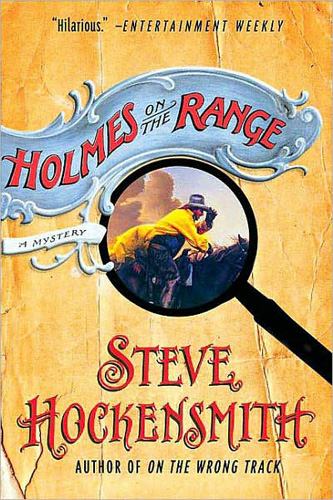 What’s the first story you ever had published?
What’s the first story you ever had published?
Well, if we’re going to be sticklers here, I don’t even remember what it was called: I was first published in a literary journal when I was a sophomore or junior in college. The story was about a guy who decides to go to work naked, but no one notices. My first paid story was called “Arnold the Conqueror,” and it appeared in Analog Science Fiction and Fact in 1997. So I guess I can pretend I’ve been a professional for 14 years. Woo-hoo!
What started you off on the path of being a writer?
Reading. Then discovering that I actually enjoyed writing assignments in grade school. I think I started creating my own magazines and comic books around sixth or seventh grade. From then on, writing just seemed like my thing, and I always assumed it would be my career one day. Looking back, I almost wish I could tell myself “Hey! Dummy! Those ‘computer’ thingies people keep talking about? Learn how to use ’em!” But I guess things worked out O.K.
Are you a plotter or a pantser?
I’m a plotter writing-wise and a pantser in my day-to-day life. Meaning I outline everything, but I do so while wearing pants. Usually sweatpants. Sometimes jeans. Khakis every once in a while. But very rarely shorts, for some reason.
What’s your favorite word?
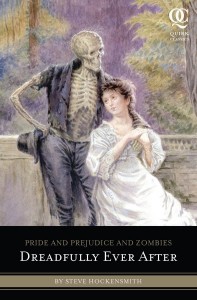 No contest: lugubrious. It’s so fun to say. Try it. Lugubrious. Lugubrious. Lugubrious. It’s especially satisfying if you stretch out the second u. Lou-gooooooooo-bree-ous. You can’t say it that way without feeling like Vincent Price. I also like the word because it encapsulates an approach to art that I like to make fun of, but that’s a whole other conversation.
No contest: lugubrious. It’s so fun to say. Try it. Lugubrious. Lugubrious. Lugubrious. It’s especially satisfying if you stretch out the second u. Lou-gooooooooo-bree-ous. You can’t say it that way without feeling like Vincent Price. I also like the word because it encapsulates an approach to art that I like to make fun of, but that’s a whole other conversation.
What’s your biggest fear?
I’d say failure and death run pretty much neck and neck these days. I think my fear of failure might diminish over time, though. As a writer, I’ve failed a thousand times already, with more failures to come. All writers fail, in big and small ways. It’s part of the gig. Death, on the other hand, doesn’t strike me as the kind of thing you get used to through repetition…although, come to think of it, once you’ve experienced it the thought of going through it again isn’t likely to bother you.
Who’s your favorite author?
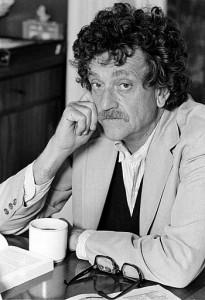 It’s the classic old story for me: I stumbled across Slaughterhouse-Five in my high school library, and nothing was ever the same. I don’t think Vonnegut would have much use for what I do, to be honest, and I certainly don’t sound like him. But I like to think that his outlook on life and writing is in there, in some way, if you look for it.
It’s the classic old story for me: I stumbled across Slaughterhouse-Five in my high school library, and nothing was ever the same. I don’t think Vonnegut would have much use for what I do, to be honest, and I certainly don’t sound like him. But I like to think that his outlook on life and writing is in there, in some way, if you look for it.
What music inspires you?
I can’t listen to most music while I write. Even instrumental stuff is too distracting if it has a melody. So when I need to crank something up to cancel out the sound of a 5-year-old having a tantrum downstairs, I turn to “New Age” music. There’s one CD in particular — Oneness by David and Steve Gordon — that I listen to again and again and again. It’s perfect because it’s basically just waves of sound, and I can completely block it out of my consciousness and focus on my own words. I have used music to try to get in the mood for writing, though. Bernard Herrmann is my go-to guy when I’m thinking about something dark or creepy. But if I put on his score for Citizen Kane or Vertigo or whatever while I was trying to write, I know what would happen: I’d stop hearing words and start hearing music.
If you were a comic book superhero, what would be your superpower?
I would be Dismissiveman, able to dodge any question at will.
*****************************
Well, thanks for answering these questions, Steve. And remember, if you want to keep up with all of Steve’s shenanigans and writings, you can follow him at www.stevehockensmith.com.





